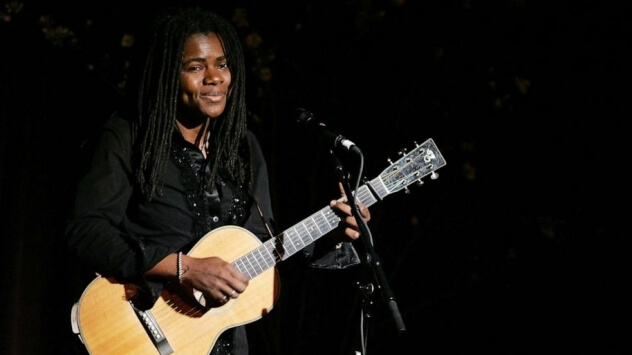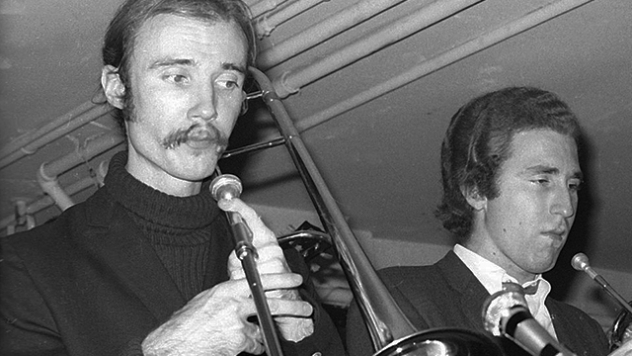Dick Halligan, the multi-instrumentalist and co-founder of BLOOD, SWEAT AND TEARS, has died at the age of 78.
Halligan’s daughter, Shana, confirmed the musician’s passing to People, noting that her father passed away Jan. 18 of natural causes.
Growing up in upstate New York, Halligan became enamored with big band music from the likes of Stan Kenton, Tommy Dorsey and Glenn Miller. In 1967 he was invited to join what would become BLOOD, SWEAT AND TEARS by the group’s original saxophonist, Fred Lipsius.
“Halligan initially turned him down,” notes the statement shared by People, “but later changed his mind when they said they were going to California – a place Halligan wanted to see.”
Halligan played trombone on the band’s debut album, Child Is Father to the Man, released in February 1968. Though the LP garnered only a small amount of attention, it set the stage for the band’s breakthrough, self-titled sophomore album.
Released December of ‘68, Blood, Sweat & Tears spent seven weeks at No. 1 on the Billboard 200 and spawned three hit singles: “You’ve Made Me So Very Happy,” “Spinning Wheel” and “And When I Die.”
Halligan’s impact was felt throughout the LP, as the musician provided trombone, organ, piano, flute and vocals on various tracks.
BLOOD, SWEAT AND TEARS won the Grammy award for Album of the Year in 1970, while the opening song “Variations On a Theme by Eric Satie” – which Halligan arranged — took home the award for Best Contemporary Instrumental Performance.
The musician departed the group in 1971. Blood, Sweat & Tears 4, his final album with the band, featured three songs co-written by Halligan.
Following his tenure in BLOOD, SWEAT AND TEARS, Halligan moved on to an impressive career second act, scoring film and television projects. His credits included work on the series Holmes and Yoyo, The Bionic Woman and B.J. and the Bear, as well as the movies The Owl and the Pussycat, Go Tell the Spartans and the Chuck Norris films A Force of One and The Octagon.

